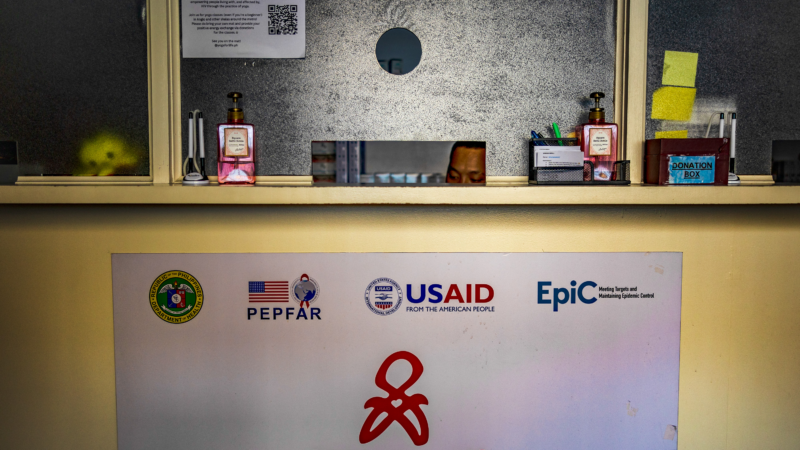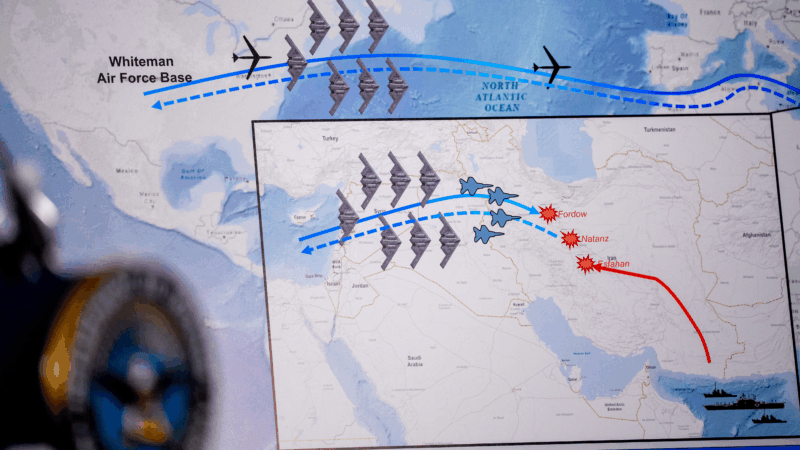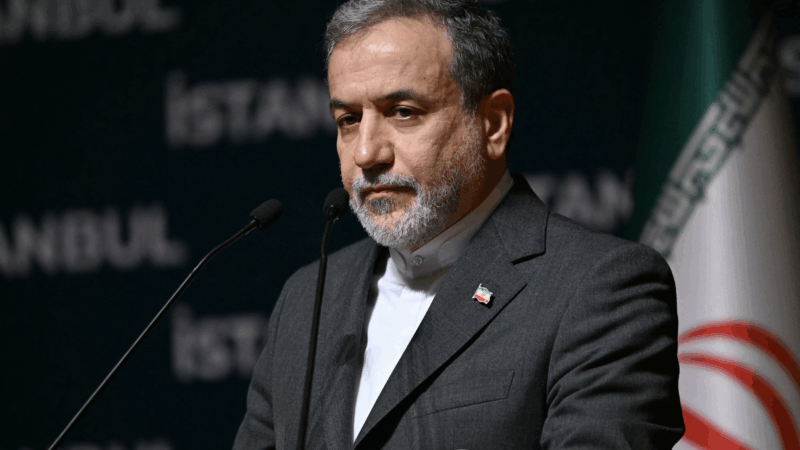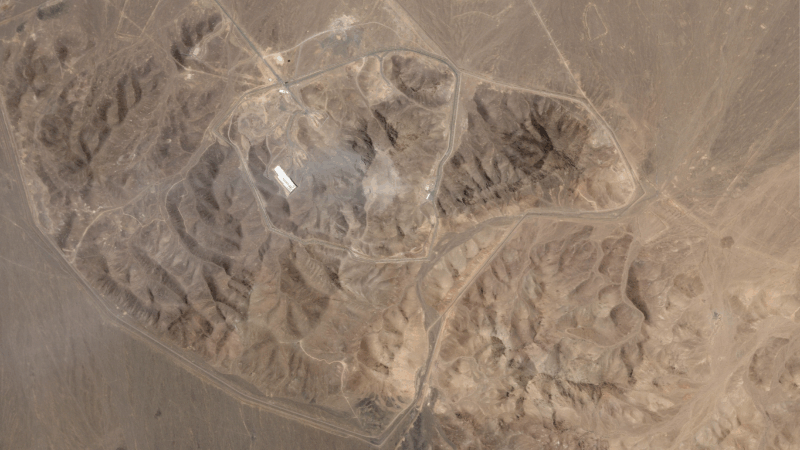The Trump administration kills nearly all USAID programs
The Trump administration is terminating thousands of USAID foreign assistance grants and awards, according to the State Department. The move effectively guts the six-decade-old agency.
The announcement came just hours before a federal district court deadline for the Trump administration to restart payments on those grants. The government still owes more than $1 billion for work done before Trump’s foreign aid freeze. But late Wednesday the Trump administration asked the Supreme Court to vacate the lower court order to start funding those programs again, saying that it could not make the payments on the deadline set by the judge.
Chief Justice John Roberts temporarily paused the order Wednesday evening, giving the administration more time to make the payments.
In his statement to the lower court, Pete Marocco, who is performing the duties of the deputy administrator of USAID, said each of USAID’s grants had been reviewed and Secretary of State Marco Rubio decided to eliminate about 92% worth of the agency’s grants. The State department also cut around 4,100 grants. The government claimed a total savings of nearly $60 billion dollars.
Contractors were notified of the termination in a memo sent from USAID’s office of Acquisition and Assistance, according to one such letter obtained by NPR. The memo stated that Secretary Rubio and Pete Marocco “have determined your award is not aligned with Agency priorities and made a determination that continuing this program is not in the national interest.”
Elisha Dunn-Georgiou, president and CEO of the Global Health Council, said the situation is “horrible.” She said that even some of the programs that had received waivers for being “life saving humanitarian assistance” – including ones that provided HIV medications – have now received termination notices.
“This is a global health massacre,” said one humanitarian official, who isn’t authorized to speak on behalf of their organization.
Aid groups and advocates have been raising alarms that cuts to USAID’s programs would lead to loss of life, particularly in humanitarian crisis zones such as Sudan, where over 1,000 food aid kitchens supported by USAID have closed amid widespread starvation.
In the court filing, Marocco wrote that 500 of USAID’s grants were retained, but did not go into detail about which programs will be allowed to continue. The agency supported humanitarian and development projects in more than 120 countries and worked to prevent the spread of disease and eliminate poverty.
The State Department said the eliminations followed a review of foreign assistance designed “to ensure taxpayer dollars were used to make America stronger, safer, and more prosperous.”
Satellites show damage to Iran’s nuclear program, but experts say it’s not destroyed
Satellite imagery shows trucks at two key sites the day before the American strikes, suggesting uranium could have been moved.
Trump administration defends Iranian strikes as some lawmakers question its legality
After the U.S. took military action against three nuclear sites in Iran, reaction across the political spectrum was swift with many Democrats decrying the president's "unilateral" strikes.
As Israel recovers the bodies of three more hostages, how many are still in Gaza?
Israel said Sunday that it has recovered the bodies of three more hostages taken in Hamas' Oct. 7 attack that ignited the ongoing 20-month war in the Gaza Strip.
U.S. strikes on Iranian nuclear sites show no sign of widespread environmental impact
So far, any chemical and radioactive contamination seems confined to the nuclear sites hit by U.S. bombs
Iran’s top officials condemn U.S. strikes and assert their right to self-defense
Foreign Minister Abbas Araghchi called the American operation an "outrageous, grave and unprecedented violation" of the United Nations Charter and international law.
World reacts to U.S. strikes on Iran with alarm, caution — and some praise
As the world reacted to news of U.S. strikes on Iran's nuclear facilities, international officials largely responded with alarm and calls for restraint.






